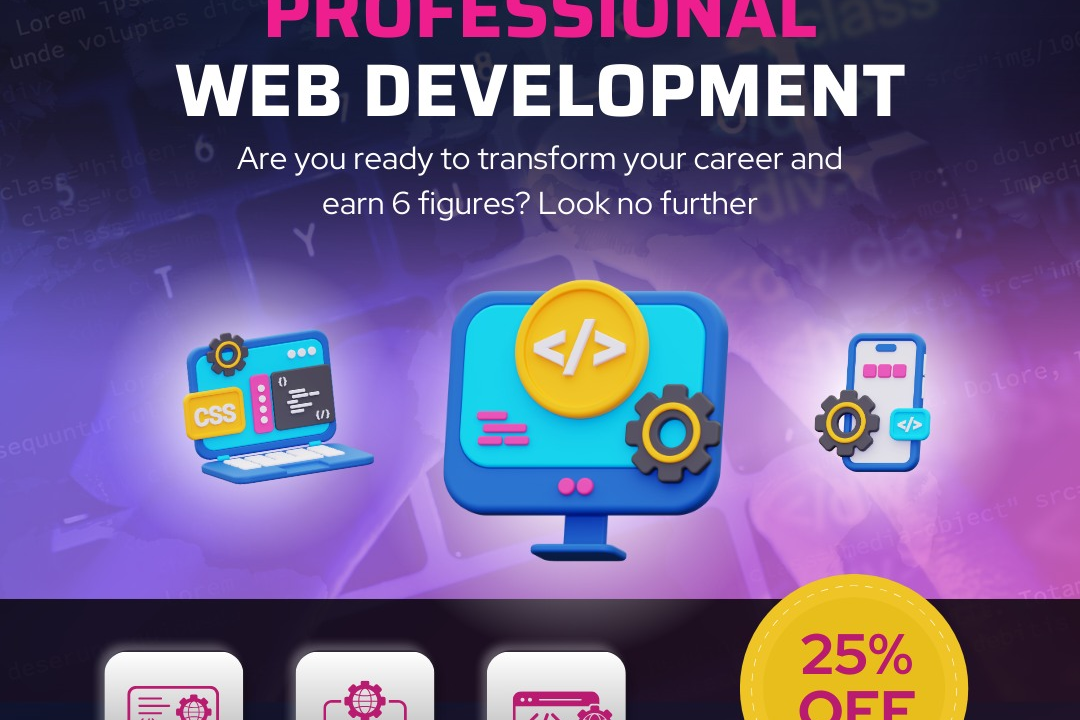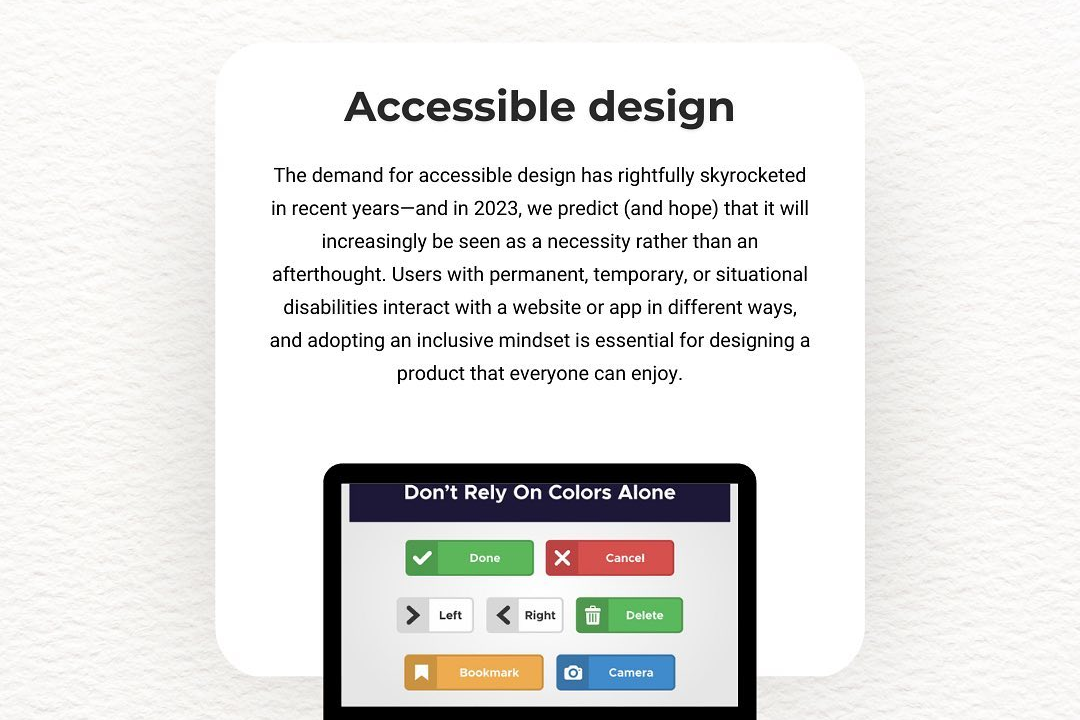Hotel Reservation Form with Database Design and PHP Programming Template
A hotel reservation form with database design and PHP programming template is a comprehensive soluti
Hotel Reservation Form with Database Design and PHP Programming Template
A hotel reservation form with database design and PHP programming template provides an efficient and streamlined way to manage online bookings, ensuring a seamless experience for both guests and hotel staff. By integrating an intuitive web form with a well-structured database, it allows for easy collection, storage, and retrieval of reservation data, reducing manual errors and saving time. PHP scripts facilitate secure data processing, validation, and real-time updates, making the booking process more reliable and user-friendly. Overall, this system enhances operational efficiency, improves customer satisfaction, and supports effective management of hotel reservations.
To Download Our Brochure: https://www.justacademy.co/download-brochure-for-free
Message us for more information: +91 9987184296
A hotel reservation form with database design and PHP programming template provides an efficient and streamlined way to manage online bookings, ensuring a seamless experience for both guests and hotel staff. By integrating an intuitive web form with a well structured database, it allows for easy collection, storage, and retrieval of reservation data, reducing manual errors and saving time. PHP scripts facilitate secure data processing, validation, and real time updates, making the booking process more reliable and user friendly. Overall, this system enhances operational efficiency, improves customer satisfaction, and supports effective management of hotel reservations.
Course Overview
This course covers designing a hotel reservation form, creating a robust database structure, and developing PHP scripts for secure booking management. It provides hands-on experience in building a functional, real-time reservation system that streamlines hotel bookings and enhances operational efficiency.
Course Description
The “Hotel Reservation Form with Database Design and PHP Programming Template” course offers practical training in building a secure, user-friendly reservation system. Learn to design a comprehensive database, develop the reservation form, and implement PHP scripts for real-time booking management, ensuring efficient and reliable hotel booking workflows.
Key Features
1 - Comprehensive Tool Coverage: Provides hands-on training with a range of industry-standard testing tools, including Selenium, JIRA, LoadRunner, and TestRail.
2) Practical Exercises: Features real-world exercises and case studies to apply tools in various testing scenarios.
3) Interactive Learning: Includes interactive sessions with industry experts for personalized feedback and guidance.
4) Detailed Tutorials: Offers extensive tutorials and documentation on tool functionalities and best practices.
5) Advanced Techniques: Covers both fundamental and advanced techniques for using testing tools effectively.
6) Data Visualization: Integrates tools for visualizing test metrics and results, enhancing data interpretation and decision-making.
7) Tool Integration: Teaches how to integrate testing tools into the software development lifecycle for streamlined workflows.
8) Project-Based Learning: Focuses on project-based learning to build practical skills and create a portfolio of completed tasks.
9) Career Support: Provides resources and support for applying learned skills to real-world job scenarios, including resume building and interview preparation.
10) Up-to-Date Content: Ensures that course materials reflect the latest industry standards and tool updates.
Benefits of taking our course
Functional Tools
1 - MySQL: MySQL is a popular open source relational database management system used extensively in web development. It allows students to design, create, and manage databases efficiently, which are essential for storing hotel reservation details, customer information, and booking histories. During the course, students learn how to write SQL queries for data manipulation, design optimized database schemas, and establish relationships between tables to maintain data integrity. Understanding MySQL helps students develop robust backend systems that support real time reservation functionalities, enabling seamless data retrieval and updates essential for booking systems. The practical skills gained in database design with MySQL are foundational for building scalable and efficient hotel reservation platforms.
2) PHP: PHP is a server side scripting language that provides the backbone for dynamic web application development. It enables students to develop interactive forms, handle user inputs securely, and communicate with databases efficiently. PHP programming is vital for creating the form interface that hotel guests will use to make reservations, process the submitted data, and generate confirmation messages. In the course, students explore PHP functions, server side validation, and session management, which are key to building reliable reservation systems. PHP's compatibility with a wide range of servers and databases makes it an ideal choice for developing scalable hotel booking applications tailored to various client needs.
3) HTML5: HTML5 is the standard markup language used for structuring web pages. It provides the necessary components to build user friendly and accessible reservation forms with intuitive layouts, dropdown menus, date pickers, and validation features. Students learn to design forms that are responsive and compatible across different devices, ensuring a positive user experience for hotel guests making bookings from desktops, tablets, or smartphones. Proper use of HTML5 enhances the visual appeal and functionality of the reservation interface, making the process straightforward and engaging for users. Integration with PHP allows for real time form processing and dynamic content generation.
4) CSS3: Cascading Style Sheets (CSS3) enable students to style their hotel reservation forms and web pages attractively and consistently. CSS enhances visual aesthetics, improves layout responsiveness, and ensures that interfaces are mobile friendly. The course covers CSS techniques to customize colors, fonts, spacing, and layout structures, helping students create professional looking websites that impress clients and users alike. Implementing CSS ensures that the reservation form is not only functional but also visually appealing, which can contribute to higher user satisfaction and increased bookings. Proper styling creates a seamless and appealing user interface that aligns with modern web standards.
5) JavaScript: JavaScript adds interactivity to hotel reservation forms by enabling real time validation, dynamic content updates, and enhanced user engagement. Students learn how to implement client side checks to ensure data correctness before submission, reducing server load and improving overall system efficiency. JavaScript functionalities such as date pickers, dropdown menus, and form validation provide a smoother booking experience, minimizing errors and increasing user confidence. Including JavaScript in the project also helps students understand the importance of frontend validation alongside backend security measures, resulting in more robust applications.
6) Web Server Environment (XAMPP/WAMP): XAMPP and WAMP are integrated software packages that provide a local server environment for developing and testing web applications. They combine Apache, MySQL, PHP, and PHPMyAdmin into a single platform that simplifies setting up a development environment on Windows, Linux, or Mac systems. During training, students learn how to configure these environments to simulate real world server interactions, run their hotel reservation forms locally, and troubleshoot issues efficiently. Mastering these tools allows students to test their code thoroughly before deployment, ensuring the system operates smoothly under real world conditions, and provides a practical understanding of how web servers host dynamic applications.
7) PHPMyAdmin: PHPMyAdmin is an open source tool for managing MySQL databases through a user friendly web interface. It simplifies database creation, schema design, and data manipulation tasks. Students learn how to use PHPMyAdmin to set up database tables for reservations, manage user privileges, and perform data backups. The tool provides visual interfaces for designing queries, importing/exporting data, and maintaining databases, making it accessible for those new to SQL. Its integration into the training program ensures that students can efficiently manage database components crucial for their hotel reservation systems without requiring advanced command line skills.
8) Version Control Systems (Git): Git is a distributed version control system that tracks changes in source code and facilitates collaboration among developers. During the course, students learn how to initialize repositories, commit changes, branch code, and merge updates effectively. Using Git helps manage project workflow, maintain code history, and collaborate with team members smoothly. It allows students to experiment with features, recover previous versions if needed, and work efficiently in teams, especially for larger projects or future professional work environments. Understanding Git is essential for maintaining organized, reliable, and scalable codebases in developing reservation systems.
9) Text Editors/IDE (Visual Studio Code/Sublime Text): These integrated development environments (IDEs) and text editors provide students with powerful tools for writing, editing, and debugging code efficiently. They include features such as syntax highlighting, code completion, error checking, and version control integration, which streamline the development process. Students learn how to use these tools to improve productivity, troubleshoot issues, and maintain clean code for their hotel booking systems. Familiarity with popular editors like Visual Studio Code or Sublime Text equips students with industry standard environments for software development, enabling them to build, test, and modify their projects effectively.
10) Networking Tools and Protocols: Basic knowledge of networking concepts, including HTTP/HTTPS protocols, IP addressing, and routers, enables students to understand how their reservation application communicates over the internet. Understanding these protocols is crucial for deploying their applications to live servers, configuring domain settings, and ensuring secure data transmission. Students learn about SSL certificates to implement HTTPS, ensuring that customer data such as personal details and payment information is encrypted and protected during transmission. Mastering networking essentials prepares students for real world deployment, troubleshooting, and securing their hotel reservation systems against common threats.
11 - Bootstrap Framework: Bootstrap is a popular front end framework that accelerates the development of responsive and mobile first websites. Students learn to utilize Bootstrap's pre built components, grid system, and utilities to create visually appealing and user friendly reservation forms and hotel websites. Integrating Bootstrap ensures that the booking interface adapts seamlessly across various devices and screen sizes, enhancing user experience. The framework also simplifies designing consistent layouts and adding interactive elements like modals, carousels, and navigation menus, contributing to a professional appearance for hotel booking portals.
12) API Integration: Understanding how to integrate third party APIs is vital for enhancing reservation systems. Students explore how to connect with payment gateways (e.g., PayPal, Stripe), weather services, or hotel data providers to add valuable functionalities. API integration enables real time updates, secure transactions, and extended services like promotional offers or customer reviews. Learning to work with RESTful APIs and JSON data formats empowers students to build more dynamic, feature rich reservation platforms that can communicate with external systems efficiently.
13) Basic Security Principles: Security fundamentals are critical in handling sensitive data such as customer personal and payment information. Students learn about encryption techniques, data validation, secure session management, and protection against common threats like SQL injection, Cross Site Scripting (XSS), and Cross Site Request Forgery (CSRF). Incorporating security best practices ensures the reliability and trustworthiness of hotel reservation websites, safeguarding customer data and maintaining compliance with data protection regulations.
14) Project Deployment and Hosting: The course covers the deployment process of the developed reservation system to live servers. Students learn about hosting options like cloud platforms, shared hosting, or Virtual Private Servers (VPS). They understand domain registration, SSL certificate installation, and server configuration to ensure their applications are accessible securely over the internet. Deployment knowledge is essential for transitioning from a local development environment to a production setting, enabling students to launch professional grade hotel reservation websites.
15) User Interface (UI) and User Experience (UX) Design: Emphasizing the importance of intuitive and engaging interfaces, students learn principles of UI/UX design tailored to hotel reservation systems. They explore layout organization, color schemes, user flow optimization, and accessibility considerations. An emphasis on good UI/UX design results in higher customer satisfaction, increased bookings, and reduced bounce rates, making the reservation process simple and enjoyable for users.
16) Testing and Debugging Techniques: Proper testing ensures the reliability and robustness of the reservation system. Students are introduced to methods like unit testing, integration testing, and user acceptance testing (UAT). They learn debugging tools and techniques to identify and fix bugs efficiently. These skills are critical for delivering high quality systems that function correctly under various scenarios and data loads, reducing post deployment errors.
17) Project Management Methodologies: The course introduces basic project management principles such as Agile, Scrum, or Kanban to guide the development process. Students learn how to plan tasks, set milestones, and collaborate effectively in teams. Applying project management methodologies ensures timely delivery of reservation system projects and promotes clear communication among team members and stakeholders, simulating real world development environments.
18) Customer Relationship Management (CRM) Integration: Students explore how to incorporate CRM functionalities into their reservation systems. This includes capturing customer preferences, managing loyalty programs, and sending automated follow up emails or promotional offers. CRM integration improves customer engagement and retention, ultimately boosting hotel occupancy rates and revenue.
19) Data Analytics and Reporting: The course covers basic data analysis tools and techniques to extract insights from reservation data. Students learn how to generate reports on booking trends, peak seasons, customer demographics, and occupancy rates. This data driven approach helps hotel managers make informed decisions, optimize marketing strategies, and improve overall operational efficiency.
20) SEO and Digital Marketing Basics: To maximize visibility, students are introduced to search engine optimization (SEO) strategies and digital marketing practices. They learn how to optimize website content, meta tags, and URLs to rank higher in search engine results. Understanding SEO and marketing enhances the online presence of hotel booking platforms, driving more traffic and increasing reservations.
21 - Email Automation and Notifications: Students learn how to implement automated email notifications for booking confirmations, reminders, cancellation policies, and promotional offers. These features improve communication with customers and enhance their overall experience. Email automation tools also help in managing customer engagement and retention.
22) Payment Gateway Integration: Securely processing payments is crucial for reservation systems. Students explore integrating popular payment gateways, understanding transaction workflows, and handling payment validation. They also learn about PCI DSS compliance to ensure all payment processing adheres to industry security standards, providing customers with safe and trustworthy payment options.
23) Content Management Systems (CMS): The course introduces basic CMS platforms or custom content management features that allow hotel staff to update room details, availability, pricing, and promotional content without requiring technical expertise. This flexibility enables hotels to manage their online presence efficiently, keeping information current and accurate.
24) Multilingual Support: To cater to a diverse customer base, students explore implementing multilingual features in their reservation websites. This includes language selection menus and localized content, ensuring accessibility for international travelers. Multilingual support broadens the reach of hotel booking platforms and enhances user experience globally.
25) Ethical Considerations and Data Privacy: The training emphasizes ethical handling of customer data, compliance with data privacy laws such as GDPR, and obtaining proper user consent. Teaching these principles ensures that students develop systems that respect user rights and maintain trust, which is vital for long term success in online reservation services.
These additional points aim to provide a comprehensive understanding of the essential skills and technologies involved in developing professional hotel reservation systems, preparing students for real world application and deployment.
Browse our course links : https://www.justacademy.co/all-courses
To Join our FREE DEMO Session:
This information is sourced from JustAcademy
Contact Info:
Roshan Chaturvedi
Message us on Whatsapp:
Email id: info@justacademy.co












